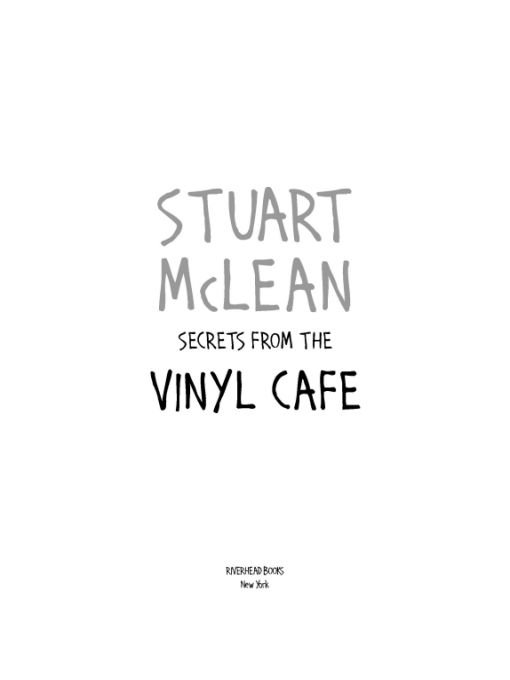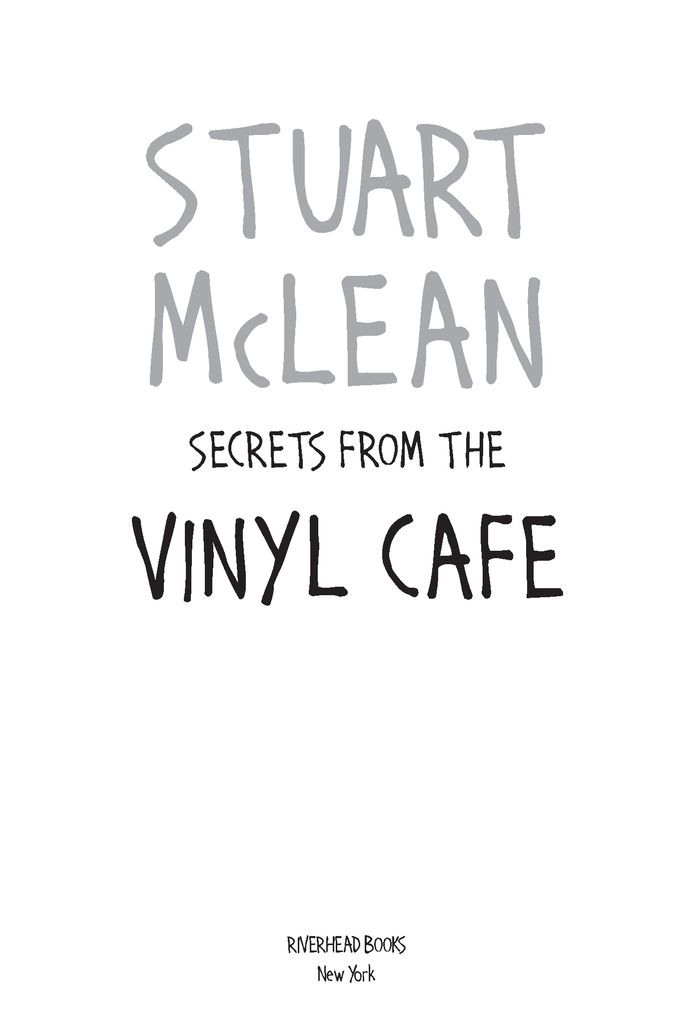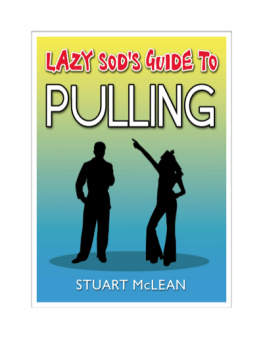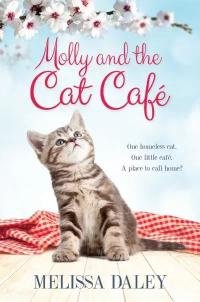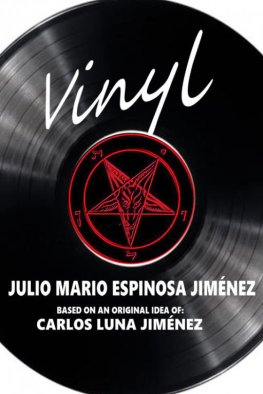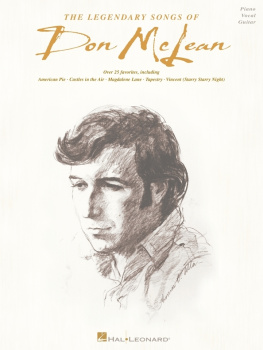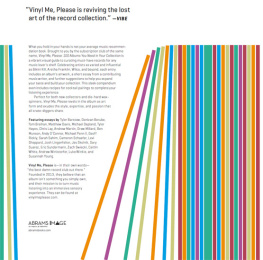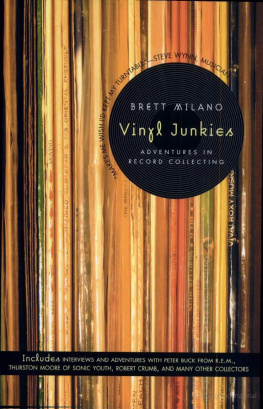Table of Contents
Praise for Stuart McLean
Stuart McLean is a natural storyteller with an ear cocked for real talk and a perfect sense of comic timing. In the modern line of Peter DeVries, Garrison Keillor, and fellow Canadian Stephen Leacock, McLean is a sly, entertaining humorist and an expert on the inexhaustible subject of human foibles.Billy Collins
McLean draws his characters in such a way that we all know people just like them.... Terrific. The Providence Journal
This folksy collection of stories follows a year in the life of Dave and Morley and their family. Christmas, summer camp, first dates, and other minutiae are covered in a warm and engaging manner. The stories ... make for pleasant reading. Booklist
An irresistible wit, warmth, and verve.
Ann-Marie MacDonald, author of Fall on Your Knees
Think Garrison Keillor but with an urban twist. McLean is a natural storyteller, a modern Will Rogers if you will, with an ear for dialogue that is real and often laugh-out-loud funny.
The Tucson Citizen
Pure comic genius. The Halifax Chronicle-Herald
Stuart McLean is a storyteller par excellence.... These are characters and situations that many readers will want to visit over and over. Quill & Quire
Rip-roaringly funny ... A cozy, meandering, often laugh-out-loud treat.Kirkus Reviews
Warmhearted ... funny ... poignant ... highly enjoyable.
Publishers Weekly
ALSO BY STUART McLEAN
NONFICTION
The Morningside World of Stuart McLean
Welcome Home: Travels in Smalltown Canada
FICTION
Vinyl Cafe Unplugged
Stories from the Vinyl Cafe
Home from the Vinyl Cafe
Vinyl Cafe Diaries
Dave Cooks the Turkey
Extreme Vinyl Cafe
EDITED BY
When We Were Young
To Chris, Andrew and Robbie
with love
Come, Watson, come! he cried.
The game is afoot.
SHERLOCK HOLMES
PART I
PASSION
OPERA
A lovely, long and romantic chapter, which
begins in Cape Breton and ends at Yankee
Stadium, wherein Daves mother, Margaret, falls
in love with music, a man and a mango
though the discerning reader will recognize the
authors ruse, noting that he is simply using the
story to declare his deep affection for New York
City, and maybe even for his friend Robert K.,
whose absence in this story is notable.
Daves mother, Margaret, had a difficult summer. She couldnt get warm. Everyone kept complaining about the heat and Margaret thought, Are they nuts? Its freezing here. At the beginning of July her daughter, Annie, drove up from Halifax. Annie found Margaret in her garden, wearing a sweater and a toque. Annie was wearing shorts and a T-shirt.
Margaret stared at her daughter and said, Arent you cold?
On Sunday, as Annie was getting ready to leave, Margaret said, matter-of-factly, Will you come up for my birthday? Its going to be my last.
It was eighty-two degrees when I left, said Annie to Dave on the phone. She was wearing a scarf. And gloves.
Dave and Annie and their families all went for Margarets birthday. Dave and Morley gave her a garden diary, bound in leather.
You can use it every year, to keep track, said Dave, flipping through the diary for her. Theres a place for everything. When things come up. The first frost.
Dont be silly, huffed Margaret. Just how many years do you think Ive got left?
It was Annie who bought her mother the tickets to the operato the Lincoln Center in New York City, to a Saturday afternoon at the Met.
Margaret said, I cant possibly go to New York.
Why not? said Annie.
I have nothing to wear, said Margaret, buttoning the top of her cardigan.
We stumble on the great loves of our lives in the oddest ways. Opera came to Margaret when she was a little girl. It arrived in the form of Doogie MacDougalof the Ignish MacDougals, not the North Shore MacDougals.
Like his daddy, and his daddy before him, Doogie MacDougal was born and raised to the sea. He was a sailor four years on the Margaree, a rusty cargo ship that worked the eastern seaboard down to the Caribbean. Four years to sea, and he would have been gone forty more, except Doogie tore his shoulder to shreds in Boston unloading pallets of raw sugar. His arm twisted in a cargo net, yanking him fifteen feet in the air. He screamed like a seagull.
Doogie ended up in a New York hospital for a month and a half. A week before he was released, Angus MacDonnell showed up. He stood at the end of the bed, smoking, and said, A man could get a job to the theatre if he wanted.
Doogie said, I dont know squat about theatre.
Angus took a drag of his smoke and said, Now tell me whats the difference between hauling ropes to change a scene and tying off a pallet. Ropes rope.
Doogie shrugged, and two months later he was drinking at McSorleys and working at the Met.
This was before unions. Before theatre schools. Half the backstage crew were crippled Bluenosers. Like Angus had said, ropes rope.
This was at the old Met, the one on Thirty-ninth and Broadway, before that building was torn down and the opera moved into the Lincoln Center. Back when Margaret was eleven years old. Back when Dr. Sandberg was the only person in Irish Bay who owned a radio. On Saturday afternoons, as many as fifty people would cram into his living room. Dr. Sandberg would turn his radio up and they would listen to their Doogie MacDougal at work. Saturday Afternoon at the Met. Milton Cross on the CBC.
That was in the early thirties, before the war.
Margaret, eleven years old, would go with her mother. They would dress up and sit on Dr. Sandbergs couch, leaning against each other, applauding with everyone else every time Milton Cross described a scene change. They could hear the audience in New York applauding too, and in her minds eye Margaret could see Doogie MacDougal of Irish Bay, Cape Breton, standing on the stage of the Metropolitan Opera House in New York City, in front of the gold curtain, taking his bows. Doogie MacDougal gets caught up in rope and Margaret gets caught up in opera, and seventy-two years later theres probably no one in the country who has heard more of the Saturday afternoon broadcasts from the Met on the CBC than Margaret MacNeal from Irish Bay, Nova Scotia.
Sure enough, it was Doogie MacDougal who opened the door, but it wasnt Doogie who kept Margaret coming back. From the beginning she was swept away by the passion of the music. Opera is a world moved by storms and, living by the ocean, Margaret understood the eloquence of stormy weather. She was born into a world battered by elements beyond anyones control. So she felt at home in this universe of villains and spurned lovers.
Opera was a world that made her feel worldly. By the time she was fourteen, Margaret had persuaded her father to buy a radio of their own, and every Saturday Margaret would sit in the parlor listening to her opera. You would think a parent could ask for nothing more, but Margarets mother and father soon learned opera was leading their daughter astray.
The first time Margaret was moved to liquor, she was sixteen. Home alone, listening to

